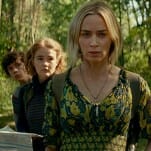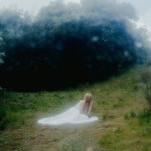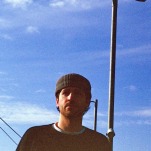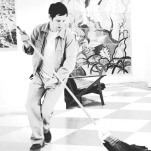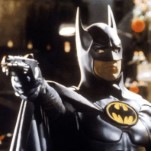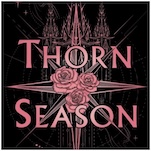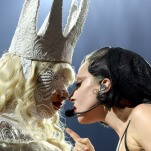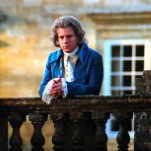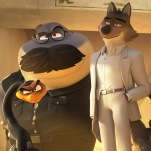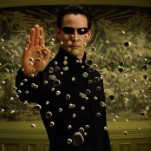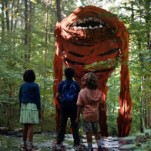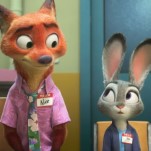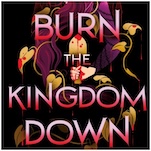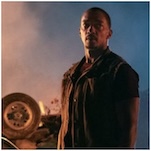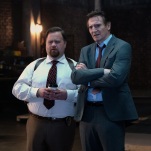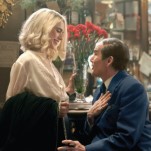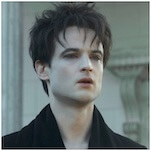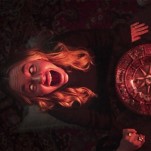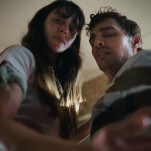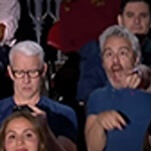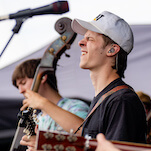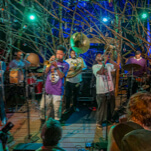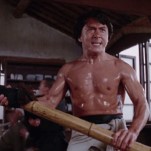Cowboy Junkies: And the Ghost of JFK
The tube was hot. The Garbe family huddled around it, starring at the curved screen as images began to appear. It was Nov. 24, 1963, and the family had finally invested in a television to watch the funeral of American president John Fitzgerald Kennedy. The Garbes, like most, had been entranced with the handsome, charismatic 35th president and, still reeling from the shock of his assassination, they hoped to watch NBC’s coverage of his body lying in state right until the funeral the next day. When the screen flashed to life, however, there stood Kennedy’s assassin, Lee Harvey Oswald—alive and only slightly bruised from a beat-down a police officer had inflicted during questioning. Seconds later—shown live in the comfort of their own home—the Garbes watched local nightclub owner Jack Ruby jump up and shoot Oswald dead.
“The first thing they saw was Oswald getting assassinated,” Scott Garbe explains. “They warmed the television up and Oswald was killed in front of their eyes.”
Fifty years later, Garbe recalls that event and most of those surrounding that fateful week in US history in The Kennedy Suite—an alt-country opera a decade in the making, written by the American-born, Canadian-bred Garbe and brought to life by the Canadian band The Cowboy Junkies.
Presented as a series of requiems, The Kennedy Suite plays out the dying days of November 1963 through the eyes of those who were there—from The Dallas Youth Auxiliary, a trio of hormonal sisters bent on greeting the president when he lands at Love Field, through to Ruby considering his own assassination and Jackie Kennedy riding with her husband’s body on Air Force One, wondering if the bullet was secretly meant for her.
Born a year after Kennedy’s assassination, Garbe says the genesis of The Kennedy Suite began when he was only eight years old. Having been raised in what he refers to as “a household full of big Kennedy fans,” the future English teacher had familiarized himself with much of the president’s most notorious speeches—learned from a vinyl pressing titled In Memorium. One day, the third-grader happened upon a copy of the Associated Press picture book, The Torch is Passed.
“I open up the book and there are photographs of the assassination as it happened. When I saw that I was completely devastated,” he recalls. “For me to see someone I saw as a hero, as invincible in some ways, to see him laid low was the moment I first recall knowing or sensing what death was—my life wasn’t going to go on forever just like his life didn’t go on forever. Ever since that point I’d read anything I could find on him and the assassination and everything around him.”
In the mid-to-late ‘90s, Garbe was teaching at an international school in Monterrey, Mexico when he took a professional development offer in Dallas. After some light coaxing, he convinced his instructor to take him to Dealey Plaza.
“Walking up the sixth floor and standing close to where Oswald stood and looking down to the street really shrunk the geography down to a human level,” he recalls. “That was the first time I connected with it on a visceral way. I really felt like Oswald was following me around that museum.”
When he got back to Monterrey, Garbe penned the future Suite’s first tune: “The Truth About Us (The Ballad of Lee & Marina)”—a ditty which argues that society was the accomplice to Oswald’s actions. The song made its way—via an old school friend—to Andy Maize of Toronto folk-rockers The Skydiggers, who recorded it for their 1997 album Desmond’s Hip City.

